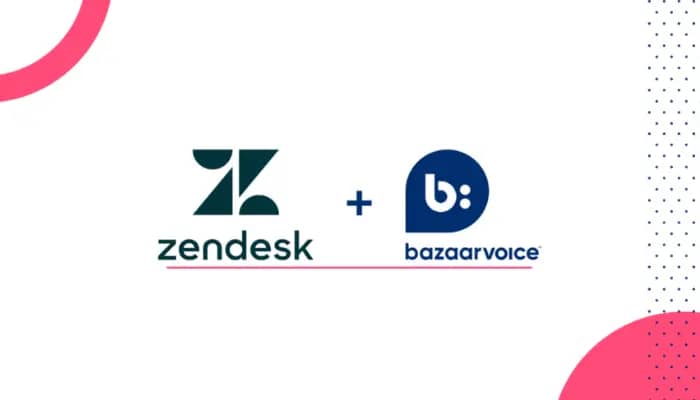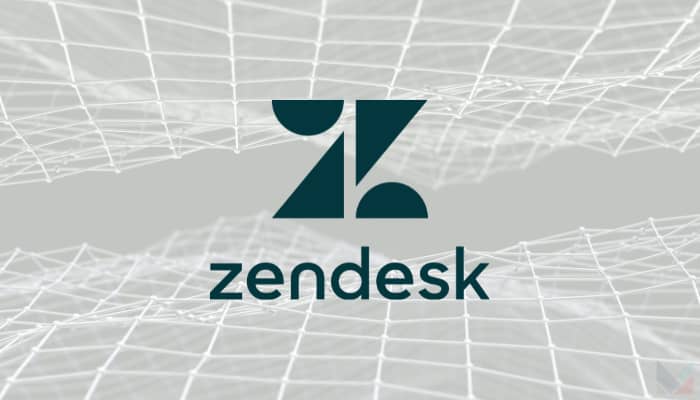Singapore – Around 82% of leaders in Singapore believe AI will make or break businesses, with 78% of them think traditional CX will be dead–and saying 2027 will mark the “death of traditional CX”. This is according to the latest data from Zendesk.
The report envisions a future where CX organisations become leaner, faster, and more effective, with AI at the helm to streamline processes, personalise engagement, and handle a higher volume of customer interactions.
Moreover, the evolution will likely lead to smaller CX teams, as 74% of industry experts across Asia-Pacific predict a downsizing due to AI’s ability to simplify operations while delivering high quality service to customers. Industry experts in Singapore record the most muted response (63%) to the predicted downsizing, compared to their regional counterparts in Australia (84%) and India (73%).
Industry leaders in the region also believe AI is changing everything about CX, with leaders in Singapore agreeing the least (85%) with this sentiment compared to leaders in India (92%) and Australia (90%). Despite this, leaders in Singapore show optimism for the future of CX in the next three years: 87% believe voice-activated self-service will be an option for all channels; 85% say integrated text, voice and video interactions will be combined into a single experience; and 81% believe all CX solutions will have built-in generative capabilities.
Around 84% of them also believe there will be a fivefold increase in customer service interactions by 2027, with leaders confident in AI’s ability to maintain quality service. This shift will make operations smoother, decisions sharper, and boost market competitiveness. As AI takes over routine tasks, it will enable teams to be more efficient and control costs, allowing for effective scaling of business operations even as customer interactions increase.
In Singapore, 70% of industry leaders believe all channels will be powered by AI in three years, with AI-assisted support augmenting human agents by providing real-time diagnostic assistance and recommendations.
“Industry leaders will transform into customer-centric visionaries, equipped with a deep understanding of the solutions that truly resonate with customers. They will proactively apply AI, using real-time data for better customer experiences, and collaborate across departments to safeguard customers and swiftly innovate based on AI insights. This transition will empower CX leaders to deploy AI strategically, make smarter decisions, and effectively guide their teams through emerging tech trends and evolving customer behaviours,” Zendesk said in a press statement following the report’s release.
The report also notes that AI’s impact on CX organisations promises to be significant, reshaping the roles of agents, admins, and leaders to prioritise specialised skills. In fact, 86% of industry leaders in Singapore say agent roles will evolve to cross-functional roles for more holistic service, with three-quarters believing they will only handle complex escalations that involve in-depth troubleshooting. Agents will see their roles expand to include enhanced technical skills and a deeper understanding of technology.
Lastly, admin roles are on the cusp of a big change, becoming proactive guardians of business operations. They will increasingly rely on AI copilots and smart tools to manage automated interactions and to make AI-driven improvements.
“In their day-to-day, admins will keep a real-time pulse on the quality of agent interactions, refine automation, predict staffing needs, and implement workflows suggested by AI. They will need to master using AI to enhance team performance, employ no/low-code tools for automation, make data-driven decisions, and balance workload between humans and AI to meet customer needs. This evolution will empower admins to spearhead strategic advancements and maintain efficient, effective operations,” the report also added.
Speaking on the report’s release, Craig Flower, chief information officer at Zendesk, said, “In the near future, AI will play a role in all customer interactions, moving us beyond traditional, manual service to more advanced, technological-driven experiences. That’s why leaders are proactively adjusting their strategies now to navigate the anticipated changes and leverage AI to its fullest potential. A transformation won’t happen overnight, but there will be a steady progression that develops over time. It’s going to redefine roles and improve experiences for CX teams and their customers.”
Meanwhile, Maureen Chong, regional vice president, Asia at Zendesk, commented, “Consumers today have been clear about the imperatives in their interactions with businesses – an AI-assisted, personalised experience that’s consistent across all platforms. CX leaders across Asia Pacific are feeling the pressure to adopt AI into their CX organisation, with over 90% saying the pace of change is overwhelming.”
She added, “With only a quarter of leaders in the region describing their AI adoption as advanced, industry leaders are recognizing the gaps and taking steps to strengthen their CX. Key areas they are addressing – enhancing data security, investing in new CX technologies, expanding AI and automation in service delivery, integrating generative AI and optimising self-service support. Done right this won’t just help businesses weather ongoing economic uncertainties – it will, in fact, give them a competitive edge.”










